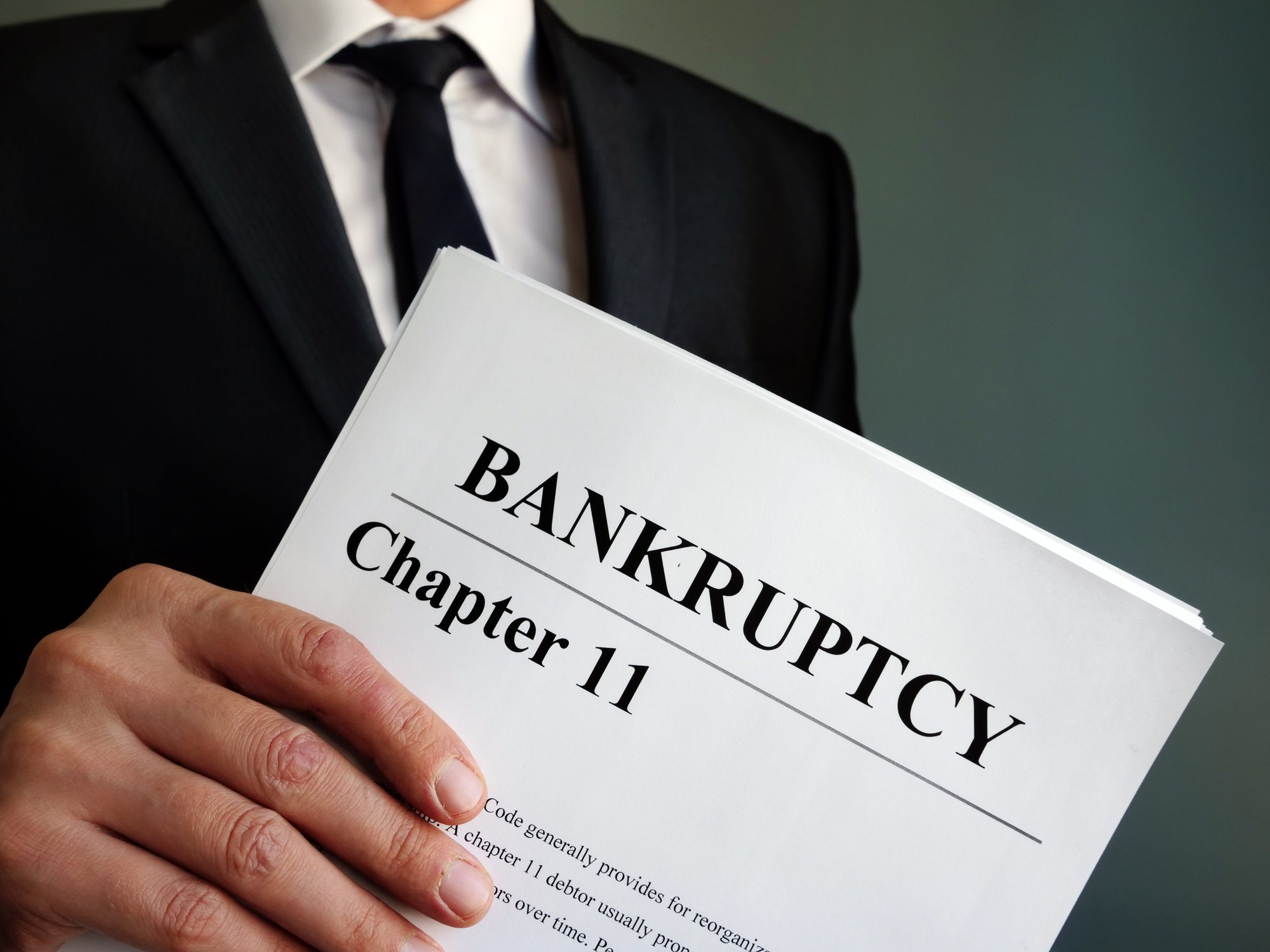The Tuesday announcement of Aubrey McClendon's decision to retire from Chesapeake Energy (CHK +0.00%), the company he co-founded nearly a quarter-century ago, was a surprise that's really not so surprising. In fact, I'm betting that, sans McClendon's large presence, Chesapeake's future could well include changes that clearly will shock us all.
Rather than beating around the bush, let me just note that I'd be more taken aback were Chesapeake to remain independent for, say, two years than by a perpetuation of its status quo. After all, despite avowed -- and marginally successful -- efforts to increase the percentage of Chesapeake's total production that constitutes oil and liquids, the Oklahoma City company is highly unlikely to move into a league with the likes of another independent producer, EOG Resources (EOG 3.32%), which generates the majority of its revenues from black gold.
Our dawdling gas picture
I'm admittedly a member of a contingent of believers that, despite significant reductions in the amount of crude oil we're importing internationally, a meaningful movement toward natural gas usage is occurring far more slowly than seems appropriate. For that reason, North American natural gas prices are unlikely to lift off their currently moribund levels anytime soon. As such, a buyer of the whole kit and caboodle of Chesapeake simply must have sufficiently deep pockets to justify waiting for a levitation in gas prices.
While I've already abjured any intention of beating around the bush regarding my impression of Chesapeake's future, I am nevertheless willing to crawl out on a limb. In doing so, I'll place Big Oil's Chevron (CVX 1.53%) at the top of my list of potential Chesapeake acquirers.
Think about it. The California major is now one of only two remaining U.S.-based integrated oil and gas companies. ExxonMobil (XOM 2.06%) is already our largest domestic gas producer, following its decision three years ago to buy Fort Worth-based XTO Energy. And, among the other majors, gas already constitutes about half of Royal Dutch Shell's (NYSE: RDS-B) total hydrocarbons output.
Beyond that, Chevron sports a robust balance sheet that includes a glittering $16 billion in cash and equivalents. So, while it's paying mightily for its 47% operating interest in the massive Gorgon gas project in Australia, for instance, financing the purchase of Chesapeake probably wouldn't result in an undue strain.
McClendon's mistakes
But couldn't Chevron have already waded in with a bid for Chesapeake, with or without McClendon at the target company's helm? Technically, yes, but realistically, no. After all, the reason that the company's co-founder is stepping down involves the aftermath of his shenanigans during the past several years. I'm referring, for instance, to his using his personal stakes in Chesapeake projects as collateral for billion-dollar loans from a firm that was concurrently arranging financing for the company.
In addition, McClendon and his Chesapeake co-founder, Tom Ward, who left the company in 2006 and is now CEO of SandRidge Energy (NYSE: SD), jointly managed a $200 million hedge fund between 2004 and 2008. Whether that activity was patently illegal or simply skirted the bounds of good judgment will likely come to light from one or more of several federal and board-of-directors' investigations that remain ongoing regarding McClendon.
Altered receptivity in Oklahoma
A combination of the light being shined on McClendon's malfeasances, the depressed state of gas prices, and Chesapeake's perpetually groaning balance sheet precipitated a slide in the value of Chesapeake's shares during 2012. As a result, Carl Icahn accumulated a significant position in the company early in the year. Then, in combination with Southeastern Asset Management, Chesapeake's largest shareholder, he managed to lead a successful shareholder push to place five new directors on the board and replace McClendon as chairman with Archie Dunham, a former ConocoPhillips chairman.
Apparently the resulting atmosphere at the company was hardly amicable. As McClendon said to employees in an email earlier this week "this (departure) is due to certain philosophical differences that exist between the Board and me." Now that he's headed for the exit, I'm willing to speculate that an acquisition of the company in its entirety is becoming far more likely.
McClendon's tenure at Chesapeake will end on a decidedly sour note. Nevertheless, it's incontrovertible that he built a solid company from a cold start. As I noted in a Foolish article nearly two years ago,
Chesapeake has played a major role in changing the U.S. oil and gas picture by assuming a point position in unconventional ... plays like the Barnett Shale, the Haynesville Shale, the Marcellus Shale, and the Eagle Ford play. Along with companies like ... Devon Energy, it has made those unconventional plays virtual household names.
The Foolish bottom line
There's lots of life left in Chesapeake Energy. Whether or not my prognostication about its acquisition by a larger company proves to be accurate, I urge energy-investing Fools to initiate or add to their own positions in the company's shares.









